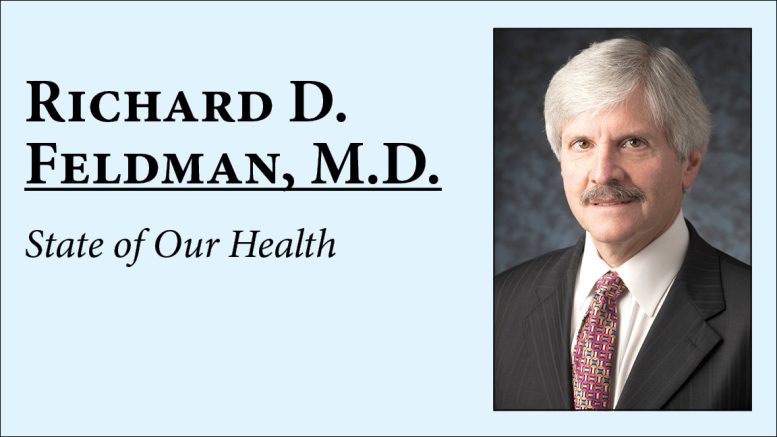Let’s take a look at healthy eating.
A lot of red meat consumption is just not healthy. Many medical studies have associated eating red meat with diseases including diabetes, heart disease, stroke, and certain cancers. My favorite is a Harvard analysis published in the journal Archives of Internal Medicine.
This analysis, which involved two large long-term prospective studies involving 120,000 men and women followed for up to 28 years, revealed that eating one additional serving of red meat daily was associated with an overall 12 percent increased risk of all-cause mortality (20 percent for processed meat). Specifically, cardiovascular mortality increased 16 percent (21 percent for processed) for one additional red meat serving daily. The studies were controlled for risk factors including smoking, overweight/obesity, diabetes, sedentary lifestyle, reduced intake of fruits and vegetables, older age, and family history of heart disease. Common processed meats are sausage, hot dogs, bacon, ham, and lunch meats.
Also, cancer mortality risk increased 10 percent for one additional daily serving of red meat (16 percent for processed). Note: Bacon and hot dogs created the highest risks.
These studies also demonstrated that replacing one serving of red meat with healthier options like poultry, fish, low-fat dairy products, nuts, legumes and whole grains attenuated total mortality risk significantly. Replacing one serving of red meat with fish lowered risk 7 percent, 14 percent for poultry, 19 percent for nuts, 10 percent for legumes and low-fat dairy products, and 14 percent for whole grains. Eliminating processed red meat demonstrated higher reductions in mortality risk as compared to unprocessed red meats. Another recent study found that eating two ounces of processed meat daily increased the risk of heart disease by 40 percent.
Red meat is a major source of nutrition and protein for Americans, but there are healthier options. Why is red meat likely harmful to health? Red meat contains an abundance of saturated fats and cholesterol that promote plaque accumulation in the arteries leading to coronary heart disease and other vascular disease. But this study, as well as previous studies, indicates that saturated fats and cholesterol do not account for all the increased risk of vascular disease. There must be other factors. Red meat contains heme iron (from blood cells) that has also been correlated with an increased risk of heart disease.
Further, red meat’s high caloric content (except for the leanest of cuts) promotes obesity. Charring from broiling or grilling meat creates carcinogens, and processed red meats contain carcinogenic additives.
Over the years, strong consistent evidence establishes that the healthiest realistic and sustainable way to eat is the Mediterranean diet. This diet greatly limits red meat, is rich in fish, poultry, healthy mono-saturated fats, nuts, legumes, fruits and vegetables, low-fat dairy products, and low-glycemic whole grains foods.
Refined sugar should be limited in our diets since it leads to high insulin levels that stimulate appetite and open metabolic pathways that promote weight gain and obesity. High sugar intake has also been implicated in heart disease and stroke, diabetes, and hypertension.
Should we completely swear off red meat and sweets? Of course not. Everybody deserves a good hamburger or a dessert sometimes. The old adage in medicine, “everything in moderation,” is prudent.
Consider this as your personal policy: Limit red meat to three ounces per day, eliminate processed meats, and concentrate on healthier options. Eat more fruits and vegetables. And forget those sugary sodas and other drinks. Life can still be good.
Richard D. Feldman, M.D. is an Indianapolis family physician and former Indiana State Health Commissioner who served in the administration of Governor Frank O’Bannon.

